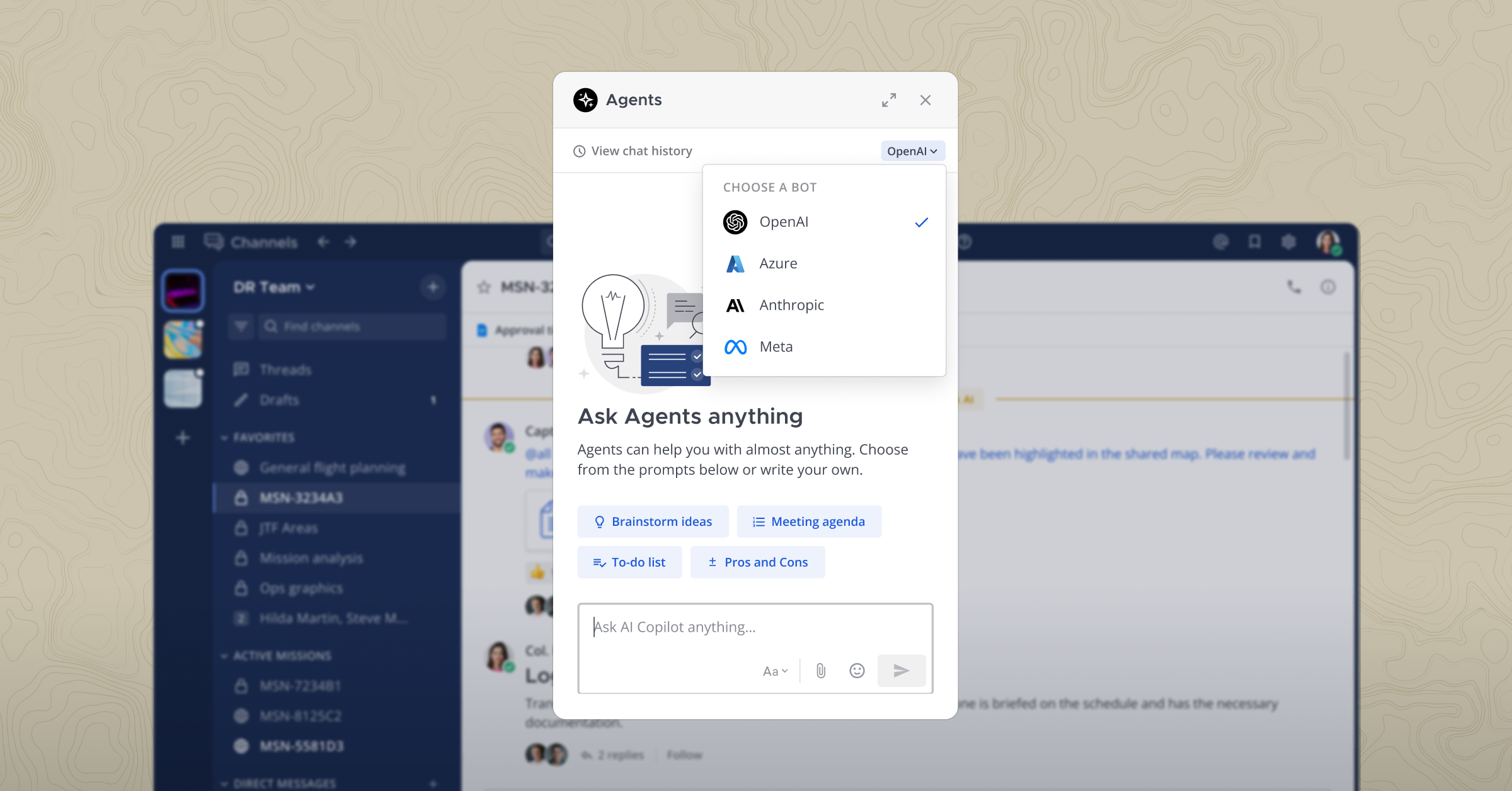
How Remote Work Can Improve Developer Engagement and Retention
While many companies focus on building a better product or application, not enough thought goes into the teams that need to build those products. The frontline developers, designers, coders, and contributors that go into building something innovative and amazing often have needs when it comes to creating an environment where they feel valued.
Coordinating a cohesive environment where your team feels valued, heard, and able to collaborate can be difficult, especially in the modern world of remote work. Let’s take a look at how focusing on creating a great remote work experience can help improve developer engagement and keep your team around for the long haul.
Remote First, Not Just Remote-Friendly
While many teams went default remote during the pandemic, the concept of remote working is not new, nor was it a reaction to the situation. With the advent of global business and the Software-as-a-Service (SaaS) model becoming predominant, the need to have teams around the globe is not new, but is key to knowing where developer communities and, in the case of Open Source Software, contributor communities can be found and cultivated.
As this globalization expanded in the tech field, the Remote First movement began to develop. The concept is simple: working remotely becomes the primary option for most or all employees. This empowers developers to create their own, comfortable space.
Putting control of where to work allows developers to feel they have control of their destiny. This leads to the idea of digital nomads, the ability to work in a safe space for neuro-diverse developers, and opens the door for who can be part of your team.
Embrace Asynchronous Work
Along with the removal of boundaries in the geographic sense, allowing developers to work remotely removes the need for the concept of working the job from 9:00 AM to 5:00 PM in a specific time zone.
Collaboration tools, ChatOps platforms, and cloud tools have made it possible to destroy the need to have teams working at the same time. They can deliver code and applications remotely through repositories while deploying containers and clusters to ensure conformity throughout the ecosystem, all while working in the hours they are most comfortable and productive in.
Chat platforms are a huge asset to remote teams, retaining messages and conversations for whenever their back online and making it possible to ask a question or push code when it’s ready. Great continuous integration and continuous delivery tools make it possible to ensure the work merges automatically and is rejected if there is a conflict. This automates the process of needing to check-in and review code simultaneously, giving developers more freedom in their schedules.
Empowering Remote Collaboration
Helping developers to help themselves is often the best way to ensure developer retention. When someone feels they have a voice at the table, they are more likely to stay in that position. This means longer-lasting relationships and better production as there is less need to retrain new folks.
Open office hours are a great way to give developers a place to voice their wants and needs. This can be done in small teams, asynchronously, or in a large, full company setting. The use of this type of feedback loop, even when developers add their thoughts anonymously, leads to more a collaborative effort and the forging of understanding between different teams.
Setting expectations is a strong part of developing a collaborative, empowered team of developers. For example, the folks at Torch.io, makers of leadership and development software, set the expectations for a new developer candidate from the moment the candidate sees their hiring page. This way, anyone applying or currently working knows what management expects and what they can expect as they move forward on their developer journey.
Developer Engagement Starts with Better Collaboration
Remote work and collaboration are now a cornerstone of the world of developers permanently. If we want to focus on developer engagement and retention, we need to make developers feel empowered and part of a collective, collaborative team. Learning to work outside the traditional motifs of “office” and “work hours” helps to move the needle of developer opinion.




